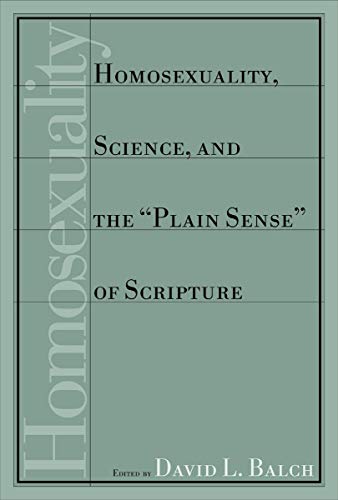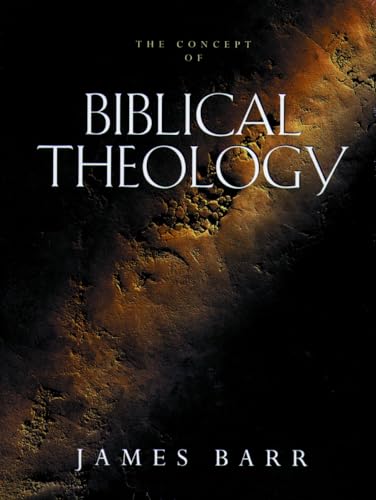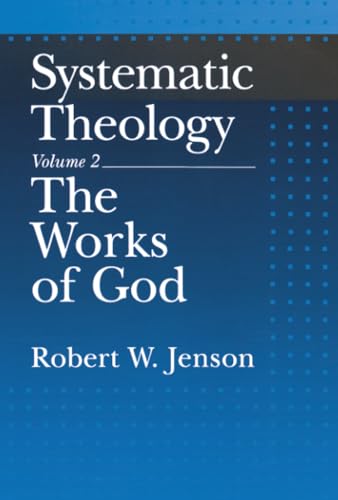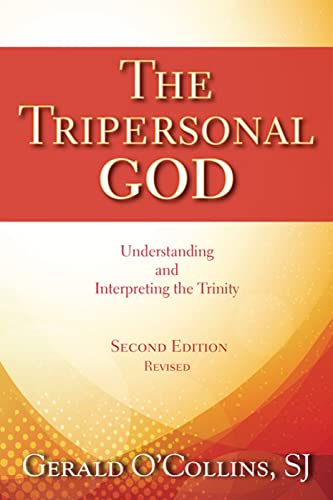This book may be described as an attempt to offer a critical analysis of modern, Western cultures (or what the author tends to call ‘North American cultures’). It is of course written from a Christian perspective, yet it is clearly intended to contribute to a dialogue with concerned intellectuals who may not share Rowan Williams faith but like him are alarmed at the way in which language has become dominated by ‘the marketing of slogans’.
Williams uses the term ‘icon’ to refer to patterns of understanding that, prior to the dawn of modernity, functioned as basic constraints ‘on what human beings can reasonably do and say together if they are going to remain within a recognisably human conversation’. That is to say, certain fundamental values, beliefs and assumptions have traditionally been found at the core of human cultures and thus can be described as iconic. Modernity challenged precisely such assumptions, seeking to separate out those inherited values which were now seen to have served oppressive interest, from those which might be classified as ‘natural’ and so could claim to contribute to human welfare. However, this project has resulted in a situation in which moral and ethical discourse becomes increasingly laboured and ‘more and more inaccessible to our culture’. The practical consequences, Williams argues, are tragic and potentially disastrous.
For example, a major aspect of this discussion focuses upon the meaning of ‘childhood’ in Western culture and the manner in which our understanding of this affects educational philosophy and practice. It is impossible to do justice to the complexity and richness of this discussion within the limited space available here. In summary: childhood provides an opportunity for the development and nurturing of a sense of personhood, yet this requires space for play, for experiment, for fantasy, in other words, children must be allowed to be children. However the loss of traditional concepts of initiation which guaranteed the integrity of such a nurturing space, has led to a culture in which ‘the education of children is essentially about pressing the child into adult or pseudo-adult roles as fast as possible’. Williams’ discussion of the ramifications of all this, including his perceptive comments on the comments on the modern concept of ‘choice’ in education, strikes me as extraordinarily important and should be read by Christian teachers and educationalists—not to mention parents.
Subsequent explorations of the loss of a sense of ‘charity’, of the difficulties of expressing remorse and finally of what theology intends by talking of the human ‘soul’ are stimulating and filled with fresh and thought-provoking insights. For example, in the space of a few pages I discovered highly original comments on subjects as apparently diverse as football violence, the British monarch, the death of Princess Diana and the rave phenomenon! However a word of warning is in order: first, this book is certainly not an easy read. The author’s own confession, in relation to his discussion of the nature of the soul, ‘the complexities of all this are intimidating’ can be applied to a good deal of the book as a whole. The fact is that Christian apologetics done at this level inevitably takes for granted some acquaintance with philosophy, sociology and psychology.
David Smith
David Smith
Covenant Fellowship Associate Reformed Presbyterian Church
Greensboro, North Carolina, USA







